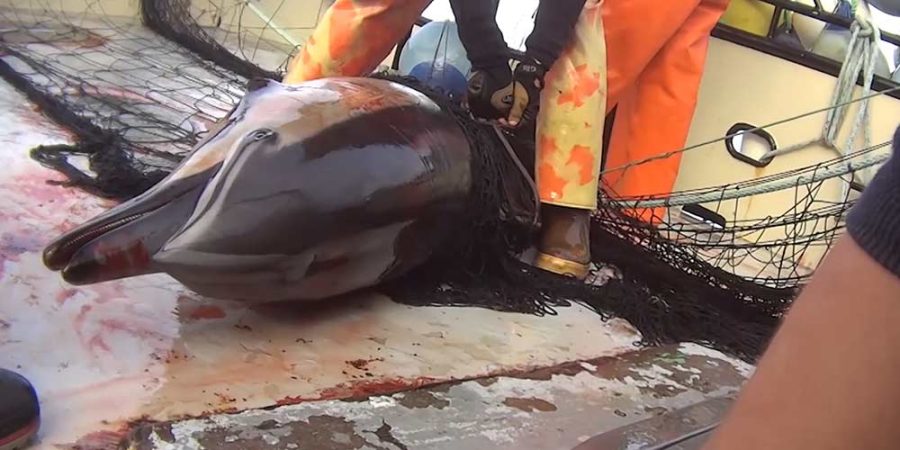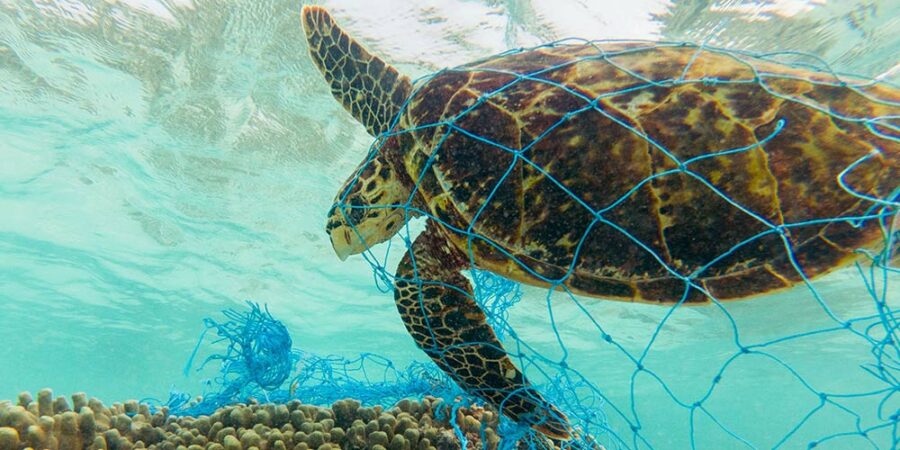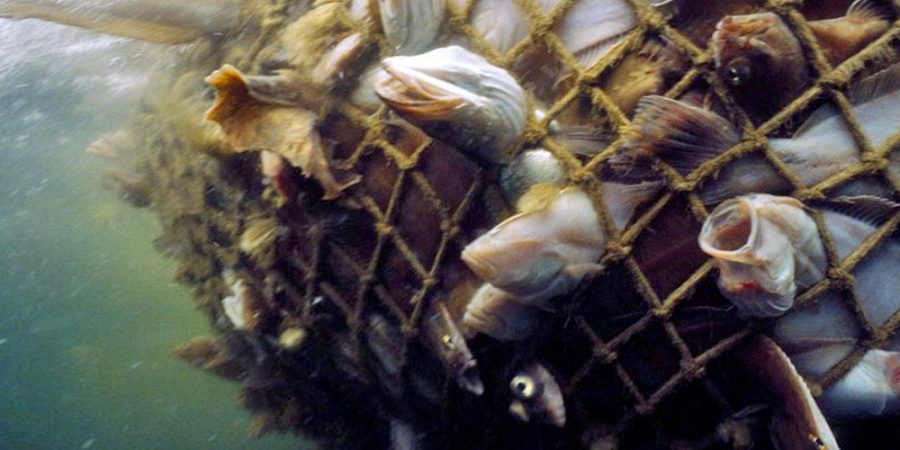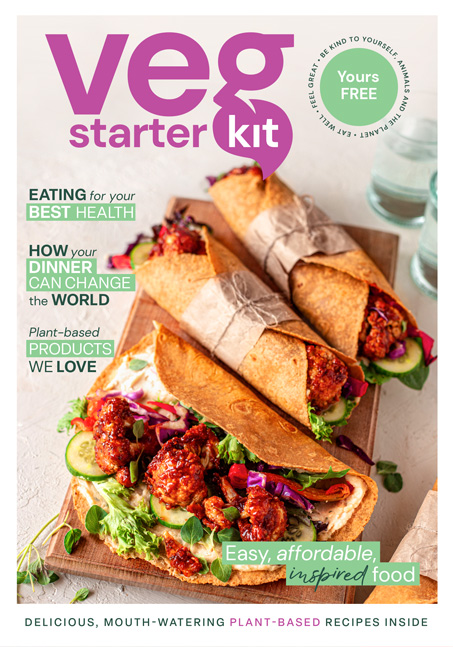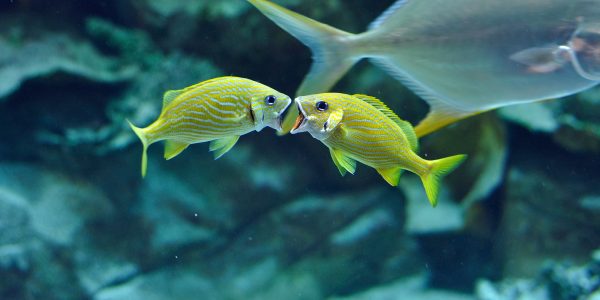To meet consumer demand for “seafood”, fish suffer by the trillions – and the suffering sadly goes far beyond the fish you see at the grocery store and in restaurants…
To empower people to make fully informed choices about what they eat, it’s crucial to understand the often-overlooked realities of the fishing and farmed fish industries. Here are five critical facts everyone deserves to know:



